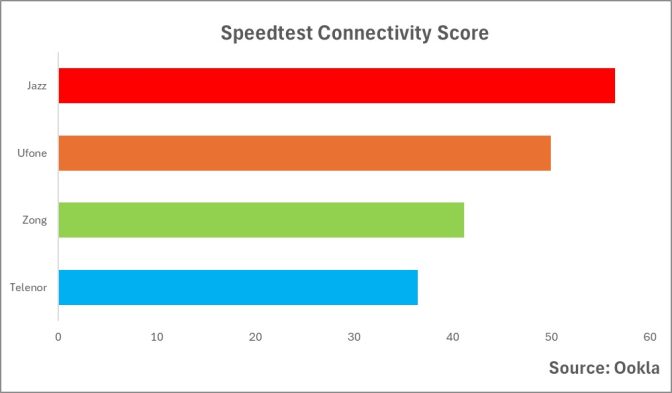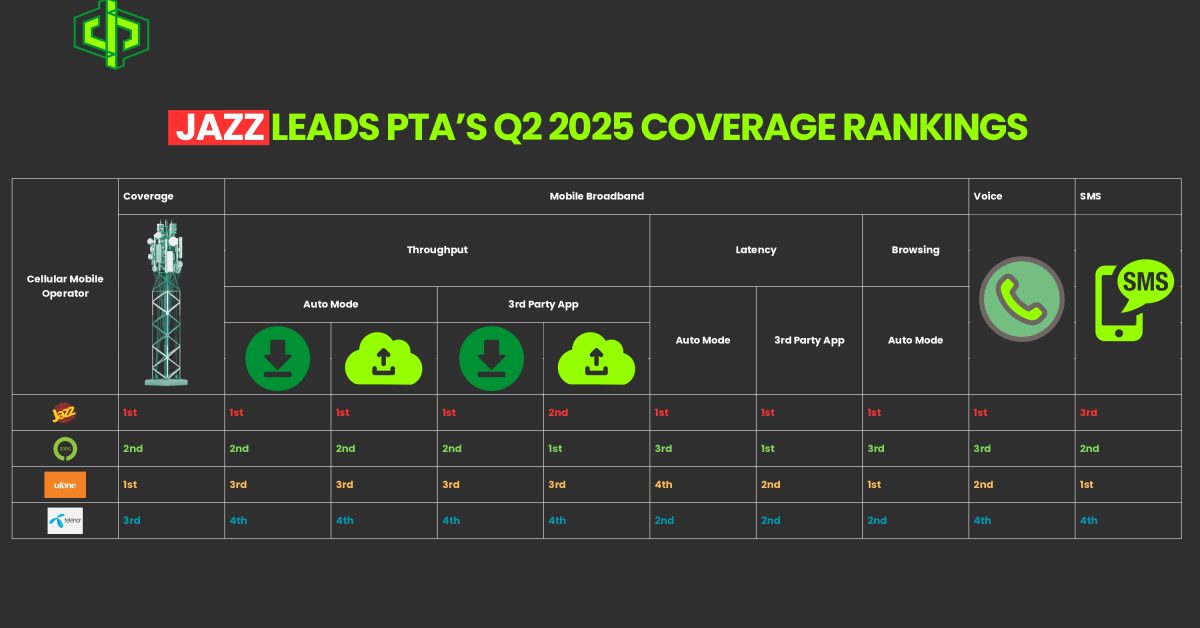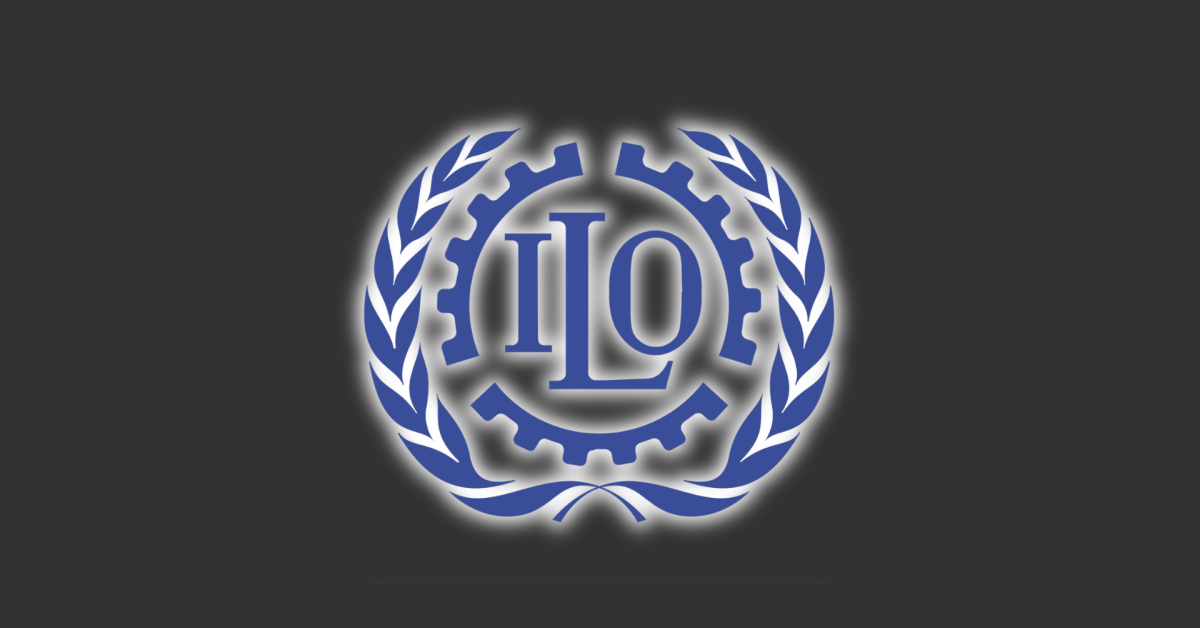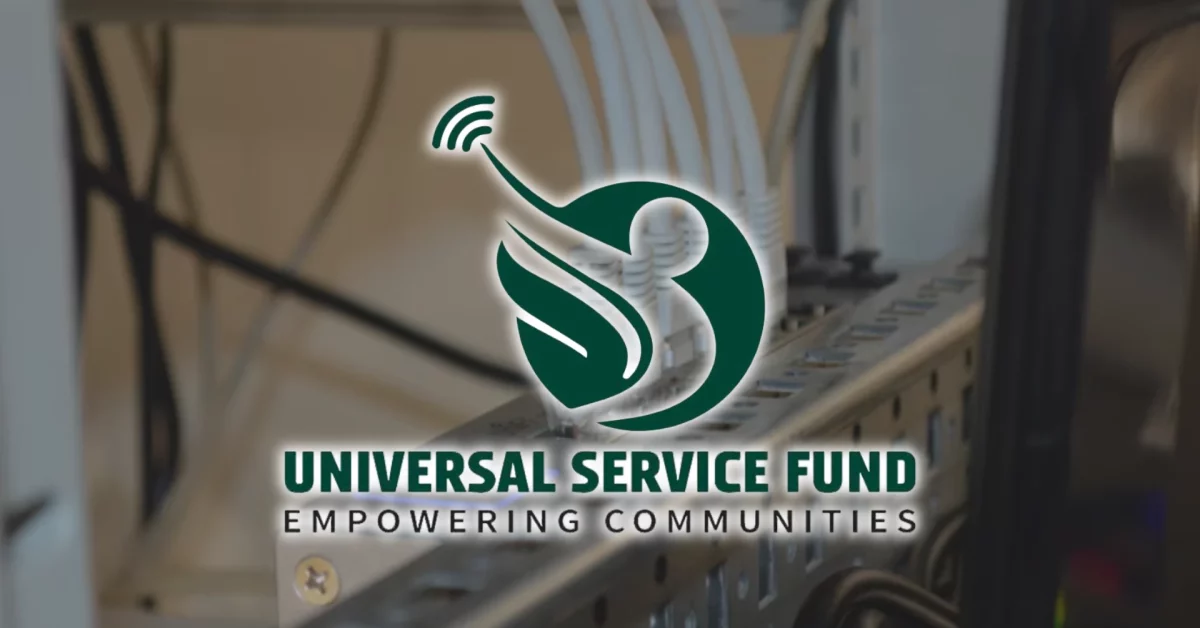Jubilee Life and UBL Launch Endowment Products
September 24, 2025Tamasha Draws Record 10 Million Viewers for Asia Cup
September 24, 2025Enabling Pakistan’s Digital Future: Jazz Tops National Rankings for Speed and Video Experience
The role of mobile connectivity has been pivotal in Pakistan’s digital transformation since the inception of the millennium. However, over the last decade, mobile networks have evolved from being simple utilities into lifelines that drive education, commerce, healthcare, and entertainment of the whole country. Today, a student attending online classes in a small town, an entrepreneur running an e-commerce store, or a family streaming their favorite shows in the evening all depend on the speed and reliability of their mobile internet.
In this landscape, the question of which network leads the way is not just about competition among operators, it is about who is enabling the country’s digital future. The recently released Ookla Speedtest Intelligence report for January to June 2025 provides a clear answer. Jazz has emerged as Pakistan’s fastest and most reliable mobile network operator, setting a new benchmark for performance and reinforcing its position as a market leader propelling the nation’s digital journey.

During this period, Jazz recorded a median download speed of 24.23 Mbps and an upload speed of 9.13 Mbps, placing it ahead of Zong, which was the next closest provider with 20.43 Mbps. Latency, which is critical for real-time interactions like video calls and online gaming, was also lowest on Jazz at merely 44 milliseconds. These figures placed Jazz firmly at the top of the rankings for overall mobile network performance in Pakistan.
Ookla’s methodology goes beyond simply measuring raw speeds. The Speedtest Connectivity Score, which combines elements such as speed, web browsing performance, and video streaming quality, provides a holistic picture of the user experience. Jazz achieved the highest Speedtest Connectivity Score of 56.52, showing not only that its network was fast, but also that it consistently delivered reliable and smooth performance across multiple dimensions of user experience.
One of the most significant findings was in mobile video streaming. With a Video Streaming Score of 65.54, Jazz offered the best mobile video experience in the country. In a society where mobile devices have become the primary tool for education, entertainment, and information, it is crucial that millions of Pakistanis are able to stream videos to connect and learn every day.
The Ookla report also shed light on regional and city-level performance, where Faisalabad posted the fastest median download speed among Pakistan’s most populous cities at 24.45 Mbps, followed by Lahore and Multan, which showcased download speeds of 23.12 Mbps and 22.36 Mpbs, respectively. On the other end of the spectrum, Quetta recorded the slowest speed at 19.37 Mbps, with Sialkot and Karachi only slightly ahead. Jazz was consistently the fastest provider, showing both the breadth and depth of its reach across all ten major cities.
On a regional scale, Punjab recorded the fastest median download speed at 22.1 Mbps, followed by Sindh and Islamabad Capital Territory with median download speeds at 20.15 Mbps and 19.56 Mbps, respectively. However, areas such as Azad Jammu and Kashmir lagged with speed at only 11.22 Mbps. Jazz remained the fastest provider, extending its leadership across all major five regions, Punjab, Sindh and Islamabad Capital Territory, Khyber Pakhtunkhwa, and Balochistan.
While Jazz clearly excelled, the report did not identify a clear winner in terms of network consistency, as most of the providers showed statistically similar results with the exception of Telenor. Although Jazz led in most categories, Zong recorded the best mobile gaming experience with a Game Score of 66.74, which is merely incrementally better than Jazz which received a Game Score of 66.07.
Most importantly, Jazz’s performance was not only recognized through technical benchmarks. Speedtest users themselves rated Jazz as the top mobile provider in Pakistan, with an overall score of 3.67 out of 5, far ahead of its competitors. This alignment between data and customer sentiment reinforces the perception that Jazz is not just investing in infrastructure but is delivering experiences that matter to consumers.
The overall results of the first half of 2025 place Jazz at the centre of Pakistan’s mobile connectivity story. Its leadership in speed, video streaming, and overall connectivity underscores its pivotal role in enabling the digital lives of millions of citizens. While challenges remain in areas such as network consistency in underserved regions, it is evident that Jazz is setting the pace for mobile network performance in Pakistan at a time when digital access has never been more essential.





